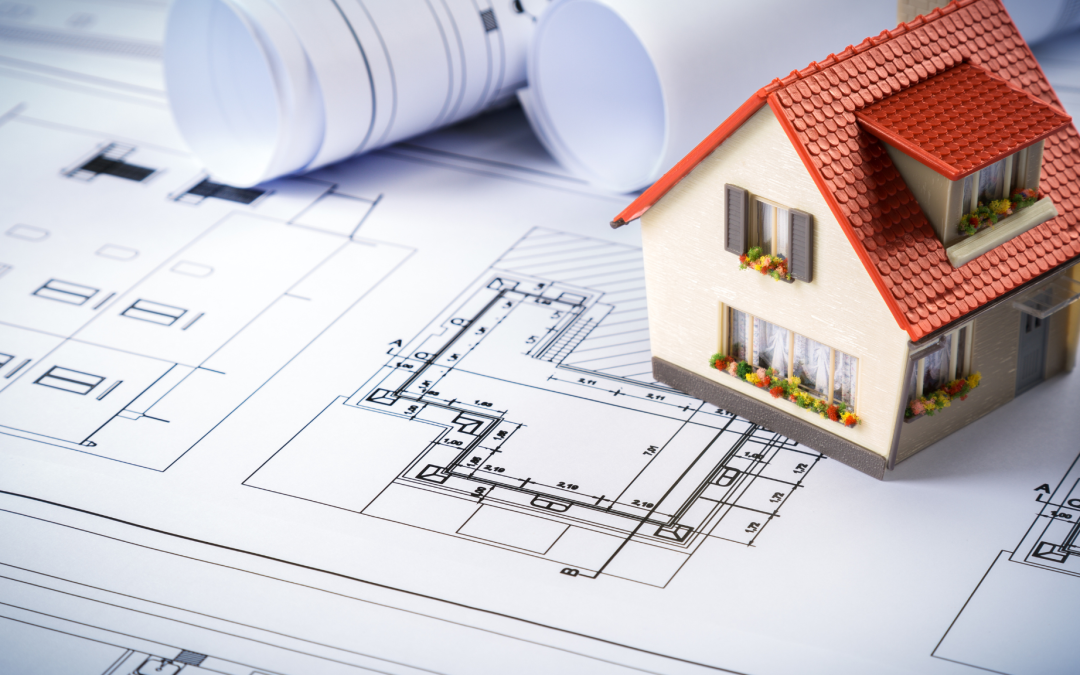Undertaking home improvement projects is an exciting endeavor for homeowners. Whether you’re planning to renovate your kitchen, build a deck, or add an extra room, it’s essential to understand that specific projects require permits. While the permitting process may seem daunting, it exists to ensure safety and compliance with building codes while protecting your investment.
In this blog post, we will explore various home projects that typically require a permit and provide you with a better understanding of why they are necessary.
Structural Changes
When it comes to significant structural changes, permits are usually mandatory. These include projects such as:
- Room Additions: Building an additional room, expanding your living space, or adding a bathroom typically requires permits. The structural integrity and adherence to building codes are crucial considerations for these projects.
- Basement Remodeling: Converting a basement into a living space or adding bedrooms requires a permit due to electrical, plumbing, and safety implications.
- Load-Bearing Wall Modifications: If you plan to remove or alter a load-bearing wall, you must obtain a permit. This ensures that the structural integrity of your home is not compromised.
Electrical and Plumbing Work
Electrical and plumbing projects require permits due to the potential hazards associated with these systems. Some common examples include:
- Electrical System Upgrades: Installing new wiring, upgrading your electrical panel, or adding new outlets typically necessitates permits to ensure compliance with safety codes and prevent fire hazards.
- Plumbing Installations: Projects involving the installation, replacement, or relocation of plumbing fixtures, water heaters, or sewer lines generally require permits to ensure proper installation and compliance with plumbing codes.
HVAC System Changes
If you plan to install or modify your heating, ventilation, or air conditioning (HVAC) system, permits are usually mandatory. HVAC projects may involve ductwork installations, furnace replacements, or the addition of central air conditioning units. Proper permits ensure that licensed professionals perform the work and meet safety and efficiency standards.
Exterior Improvements
Certain exterior projects aimed at enhancing your property may also require permits. Some examples include:
- Fencing: Constructing a fence above a certain height often necessitates permits to comply with local zoning regulations and maintain neighborhood aesthetics.
- Deck and Patio Construction: Building a new deck or patio typically requires permits to ensure compliance with safety codes, proper construction techniques, and load-bearing requirements.
- Swimming Pool Installation: Installing an in-ground or above-ground swimming pool generally requires permits due to safety concerns, fencing requirements, and compliance with local building codes.
While obtaining permits may add an extra step to your home improvement projects, it’s essential to prioritize safety, compliance, and protecting the value of your property. By understanding which projects require permits, you can ensure that your renovations or additions meet the necessary standards set by local authorities.
Always consult with your local building department or a licensed contractor to determine the specific permits needed for your project. By following the proper permitting process, you can confidently embark on your home projects, knowing they align with regulations and are designed to enhance your home for years to come.
AWP Home Inspections offers professional home inspection services in West Central and Central Indiana. Our team is dedicated to providing information so you can feel confident about your property’s condition. Contact us to request an appointment.

